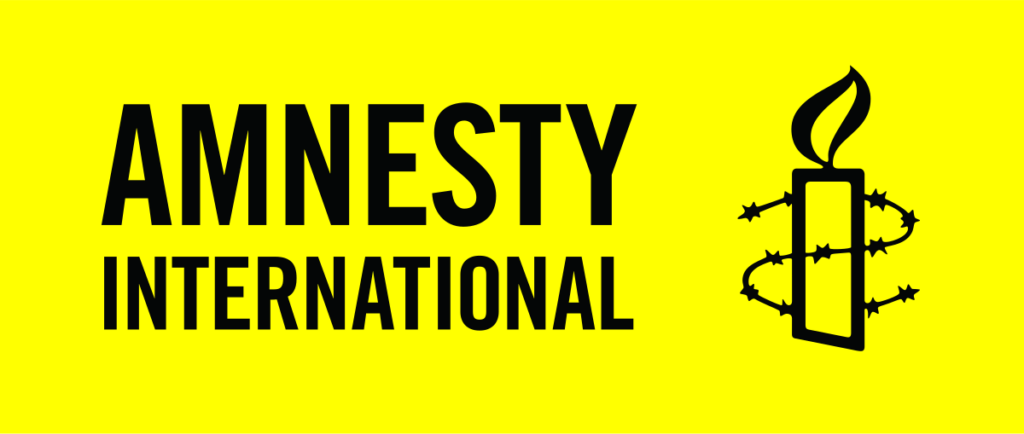A major crackdown by the Saudi Arabian authorities on foreigners as a result of drug smuggling into the Islamic kingdom has reportedly led to the execution of 10 Nigerians, 21 Pakistanis, 20 Yemenis, 14 Syrians, nine from Egypt, eight from Jordan and seven from Ethiopia.
The crackdown, according to New Telegraph checks, also led to the execution of three nationals each from Sudan, India and Afghanistan, while Sri Lanka, Eritrea and the Philippines had one each.
New Telegraph learnt that Saudi Arabia had executed more than 100 foreign nationals this year, according to international news agency, AFP. The latest execution, which was on Saturday, brought to 101 the number of foreigners executed in the kingdom since January.
The execution was that of a Yemeni national, Moussa Mohammed Abdullah Saleh, in Najran, for smuggling drugs into the Middle East kingdom. According to Amnesty International, Saudi Arabia executed the third-highest number of prisoners across the world after China and Iran in 2023.
In September this year, the Gulf country carried out its highest number of executions in more than three decades, surpassing its previous highs of 196 in 2022 and 192 in 1995.
On its part, AFP reported that: “It is three times the figures for 2023 and 2022 when the authorities had executed 34 foreign nationals each year.”
Executions have increased since then and totalled 274 for the year as of Sunday, AFP reported. Following this massive crackdown, Saudi human rights defenders and lawyers have accused Crown Prince Mohammed Bin Salman of overseeing a crackdown on freedom of expression since he came to power, including the introduction of a counterterrorism law that Human Rights Watch has criticised for its broad definition of terrorism.
Two new bodies used to suppress activists – the Presidency of State Security and the Public Prosecution Office – were established by royal decrees in the same year. According to the rights groups, Saudi Arabia faces repeated criticism for its excessive use of the death penalty.
Similarly, the human rights organisations argue that these executions undermine the efforts made by Saudi Arabia to polish its image through social and economic reforms under the “Vision 2030” initiative overseen by Crown Prince Mohammed Bin Salman.
Reacting to this, a Berlinbased European-Saudi Organisation for Human Rights (ESOHR) legal director, Taha al-Hajji, told AFP that: “This is the largest number of executions of foreigners in one year. Saudi Arabia has never executed 100 foreigners in a year.”
New Telegraph further learnt that Saudi Arabia in 2022 ended a three-year moratorium on the execution of drug offenders, while executions for drug-related crimes have boosted this year’s numbers.
According to the Middle East and North Africa defence department at the human rights organisation Reprieve, Saudi Arabia has repeatedly lied to the UN about its use of the death penalty.
For instance, New Telegraph learnt that the significant increase in the number of executions contradicted statements by Bin Salman, who told The Atlantic magazine in 2022 that Riyadh had eliminated the death penalty except in cases of murder or when someone’s life is threatened.
Meanwhile, Jid Basyouni, who is the head of the Middle East and North Africa defence department at the human rights organisation Reprieve, said there was, “an unprecedented execution crisis in the Kingdom of Saudi Arabia.” The anti-death penalty NGO estimates that the total number of executions in 2024 will exceed 300.















